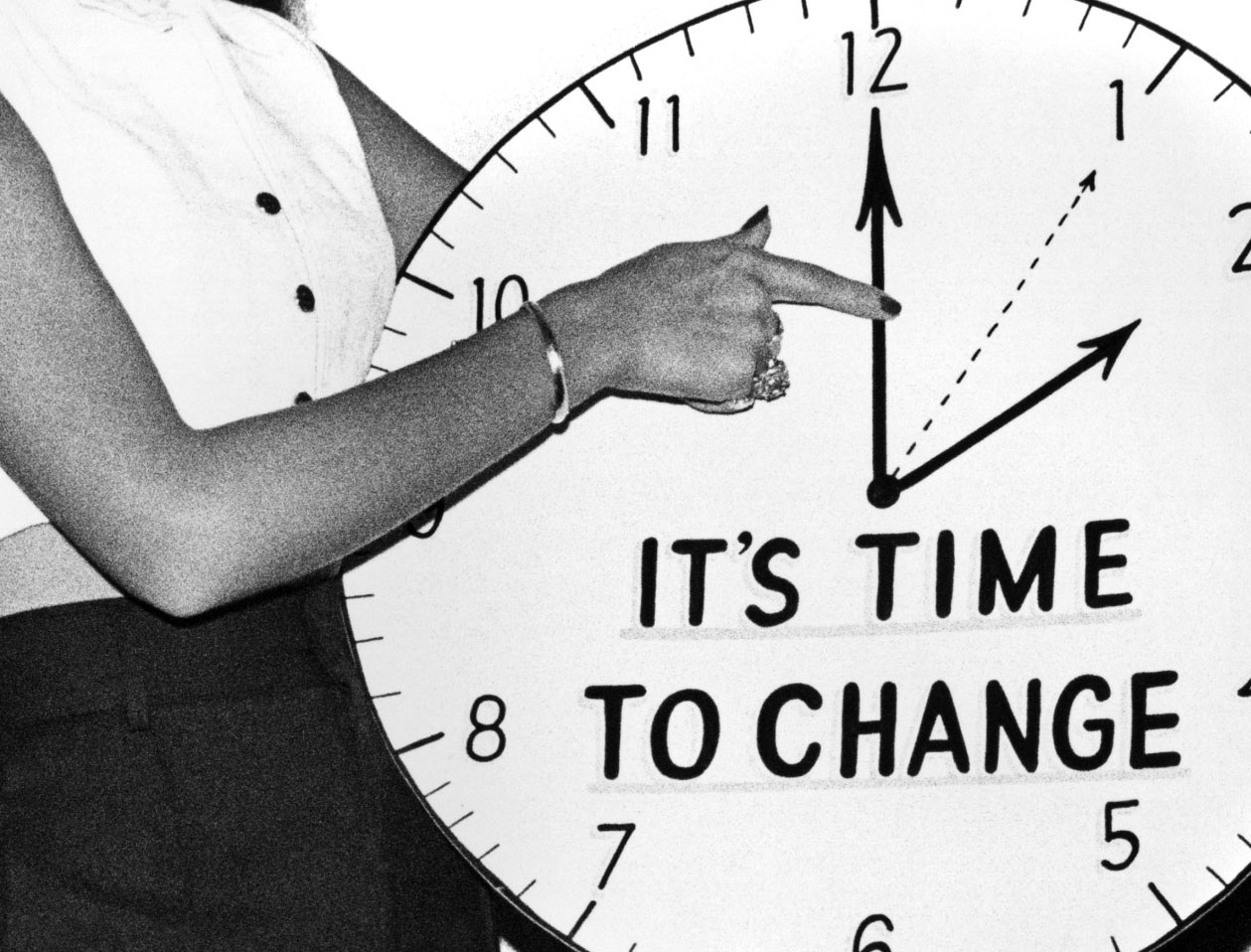Before 1840, all the towns in Britain had their own separate time zones, these were set by their town sun dials where the time would be told as the sun moved across the sky and created a shadow. As a result of this method of telling the time, all the towns were on slightly different times, for example Bristol was 10 minutes out from London due to how much further west it was.
With the introduction of the rail-road system in the 20th Century, it became much quicker and easier to travel from town to town, what previously took days and even weeks of travel time was now reduced to mere hours, this caused disruption and inconvenience due to the difference in time. This accumulated in the introduction of a universal time in the country, this was called Railroad Time. The time was set by the observatory at Greenwich and was implemented as the universal time across all towns in the British isles. This was met with backlash though, as some towns were keen to keep their own time zones.

